Born in Sines, Portugal, around 1460, Vasco da Gama was the first navigator to sail to India from the Old Continent.
Da Gama started sailing at a young age. His father Estêvão was a naval explorer for the Portuguese Crown. Da Gama probably joined his father on various expeditions along the western coasts of Africa. In 1497 the Royal Authority entrusted da Gama, by then an expert navigator, with an extremely important task: to open a new route from Portugal to the spice markets in India.
At the time, Arabs, Venetians and Persians already controlled land routes like the Silk Road. Vasco da Gama’s idea was to circumnavigate Africa. On July 8, 1497 Vasco da Gama sailed from Lisbon with four ships and a crew of around 160 men. Four months later he reached the Cape of Good Hope, Africa’s extreme south western tip. The currents connecting the Atlantic Ocean to the Indian Ocean are extremely strong. To avoid them it was necessary to navigate on the open sea. But this meant giving up the coast as a reference point in waters for which there were no available maps. Vasco da Gama had studied the best route for a long time and managed to lead his four ships beyond the Cape. An unknown world unfolded before Vasco da Gama’s eyes: no European had ever sailed into the Indian Ocean.
After six more months at sea, the Portuguese ships berthed at the port of Calicut, on the western coast of the Indian peninsula.
Arab merchants had a monopoly on the area, but after long negotiations da Gama managed to create a Portuguese settlement as a base for future trade. He returned to Lisbon in September 1499, triumphant. But the Portuguese trading post in Calicut wound up in Arab hands. In 1502 da Gama was sent back to India, this time with a fleet of 20 warships. He shelled the port of Calicut and imposed a treaty guaranteeing Portuguese commercial hegemony over the Indian Ocean. As a reward, da Gama was nominated Count of Vidigueira. He stayed away from the sea for over 20 years, until 1524, when the king appointed him viceroy of India and sent him to govern the crown’s colonial possessions in the Indian Ocean. Unfortunately da Gama contracted malaria shortly after arriving in India and died on Christmas Eve, 1524. He was 55. His expeditions helped Portugal develop into a major colonial power over the following decades.
Da Gama started sailing at a young age. His father Estêvão was a naval explorer for the Portuguese Crown. Da Gama probably joined his father on various expeditions along the western coasts of Africa. In 1497 the Royal Authority entrusted da Gama, by then an expert navigator, with an extremely important task: to open a new route from Portugal to the spice markets in India.
At the time, Arabs, Venetians and Persians already controlled land routes like the Silk Road. Vasco da Gama’s idea was to circumnavigate Africa. On July 8, 1497 Vasco da Gama sailed from Lisbon with four ships and a crew of around 160 men. Four months later he reached the Cape of Good Hope, Africa’s extreme south western tip. The currents connecting the Atlantic Ocean to the Indian Ocean are extremely strong. To avoid them it was necessary to navigate on the open sea. But this meant giving up the coast as a reference point in waters for which there were no available maps. Vasco da Gama had studied the best route for a long time and managed to lead his four ships beyond the Cape. An unknown world unfolded before Vasco da Gama’s eyes: no European had ever sailed into the Indian Ocean.
After six more months at sea, the Portuguese ships berthed at the port of Calicut, on the western coast of the Indian peninsula.
Arab merchants had a monopoly on the area, but after long negotiations da Gama managed to create a Portuguese settlement as a base for future trade. He returned to Lisbon in September 1499, triumphant. But the Portuguese trading post in Calicut wound up in Arab hands. In 1502 da Gama was sent back to India, this time with a fleet of 20 warships. He shelled the port of Calicut and imposed a treaty guaranteeing Portuguese commercial hegemony over the Indian Ocean. As a reward, da Gama was nominated Count of Vidigueira. He stayed away from the sea for over 20 years, until 1524, when the king appointed him viceroy of India and sent him to govern the crown’s colonial possessions in the Indian Ocean. Unfortunately da Gama contracted malaria shortly after arriving in India and died on Christmas Eve, 1524. He was 55. His expeditions helped Portugal develop into a major colonial power over the following decades.
RELATED
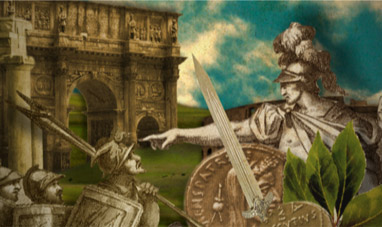

JULIUS CAESAR
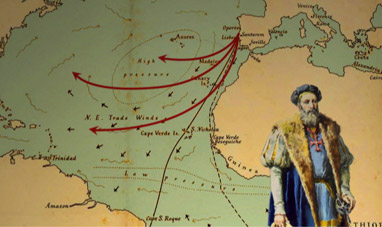

PEDRO ÁLVARES CABRAL


DENG XIAOPING
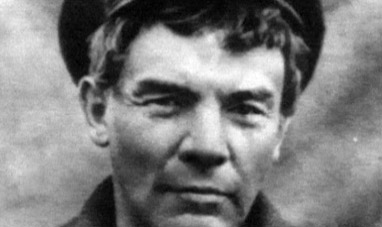

VLADIMIR LENIN


VIKTOR ADLER


YITZHAK RABIN
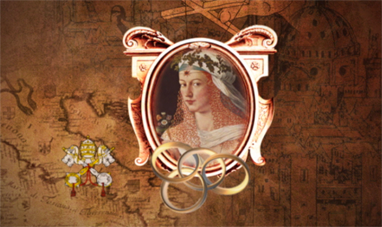

LUCREZIA BORGIA


JAMES KEIR HARDIE


FRÄULEIN DOKTOR
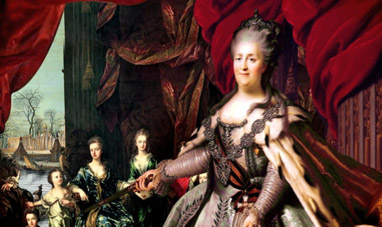

CATHERINE THE GREAT
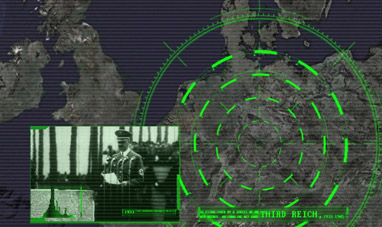

RICHARD SORGE
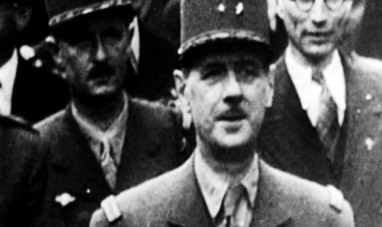

CHARLES DE GAULLE
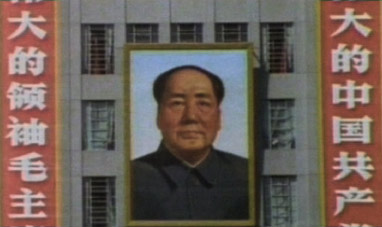

MAO ZEDONG
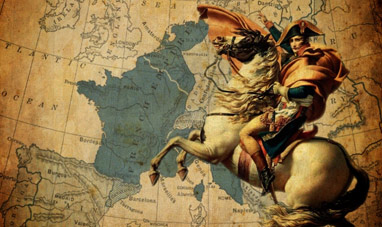

NAPOLEON BONAPARTE
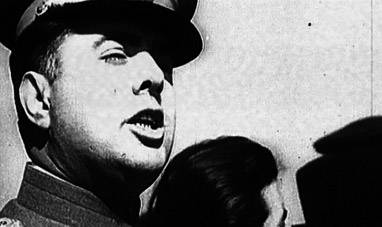

ENVER HOXHA
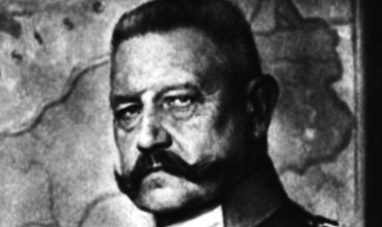

PAUL VON HINDENBURG
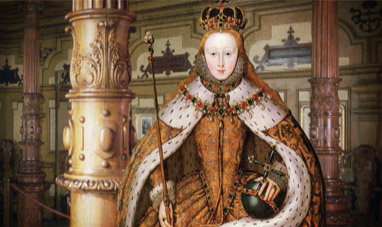

ELIZABETH I


ALEKSANDR LITVINENKO
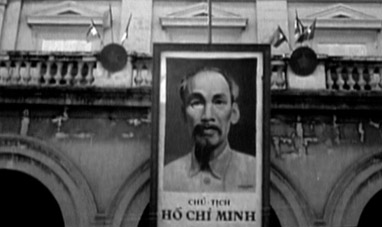

HO CHI MINH
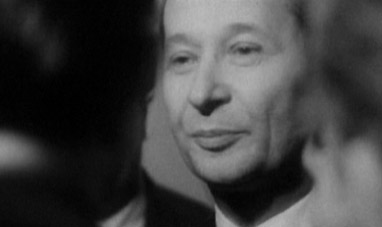

ALEXANDER DUBCEK


LEANDRO ARAGONCILLO
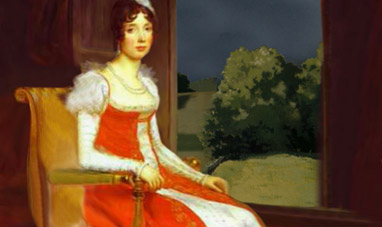

SISSI, EMPRESS OF AUSTRIA


JIMMY CARTER
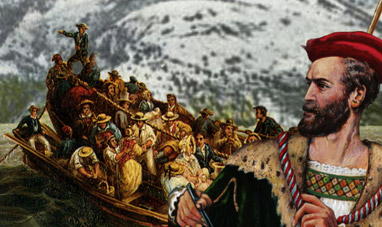

JACQUES CARTIER


MIKHAIL GORBACHEV
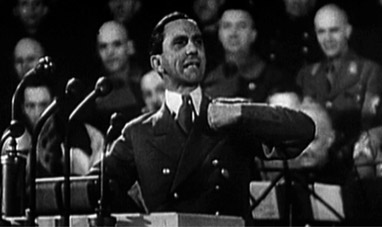

JOSEPH GOEBBELS
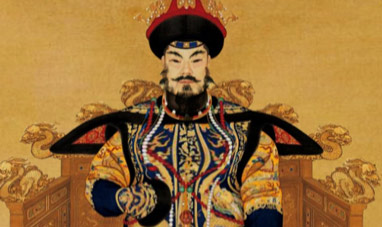

QIN SHI HUANG
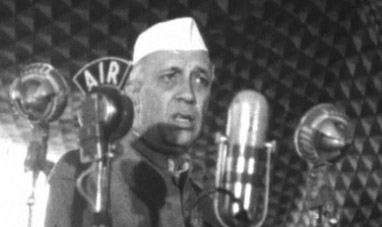

JAWAHARLAL NEHRU
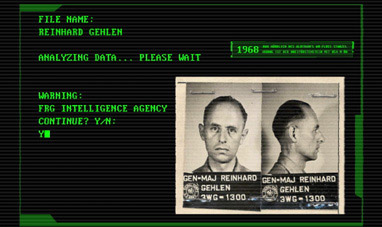

REINHARD GEHLEN
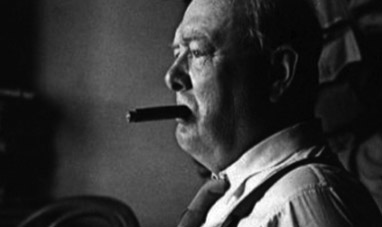

WINSTON CHURCHILL
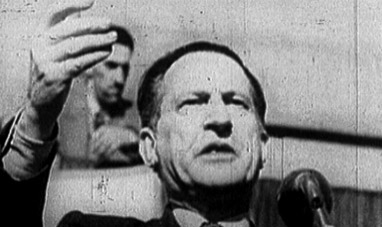

ALCIDE DE GASPERI
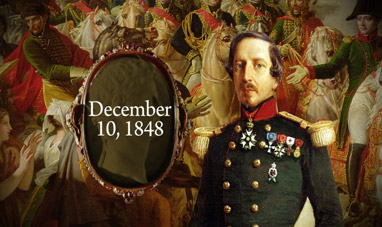

NAPOLEON III
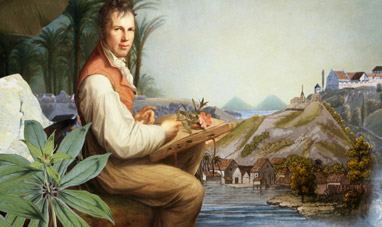

HUMBOLDT, ALEXANDER VON


JOHN EDGAR HOOVER
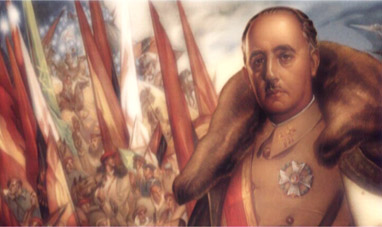

FRANCISCO FRANCO
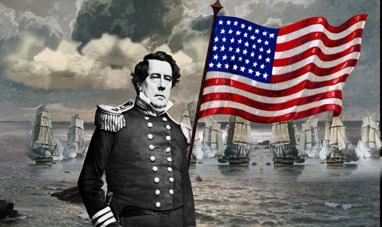

MATTHEW C. PERRY
